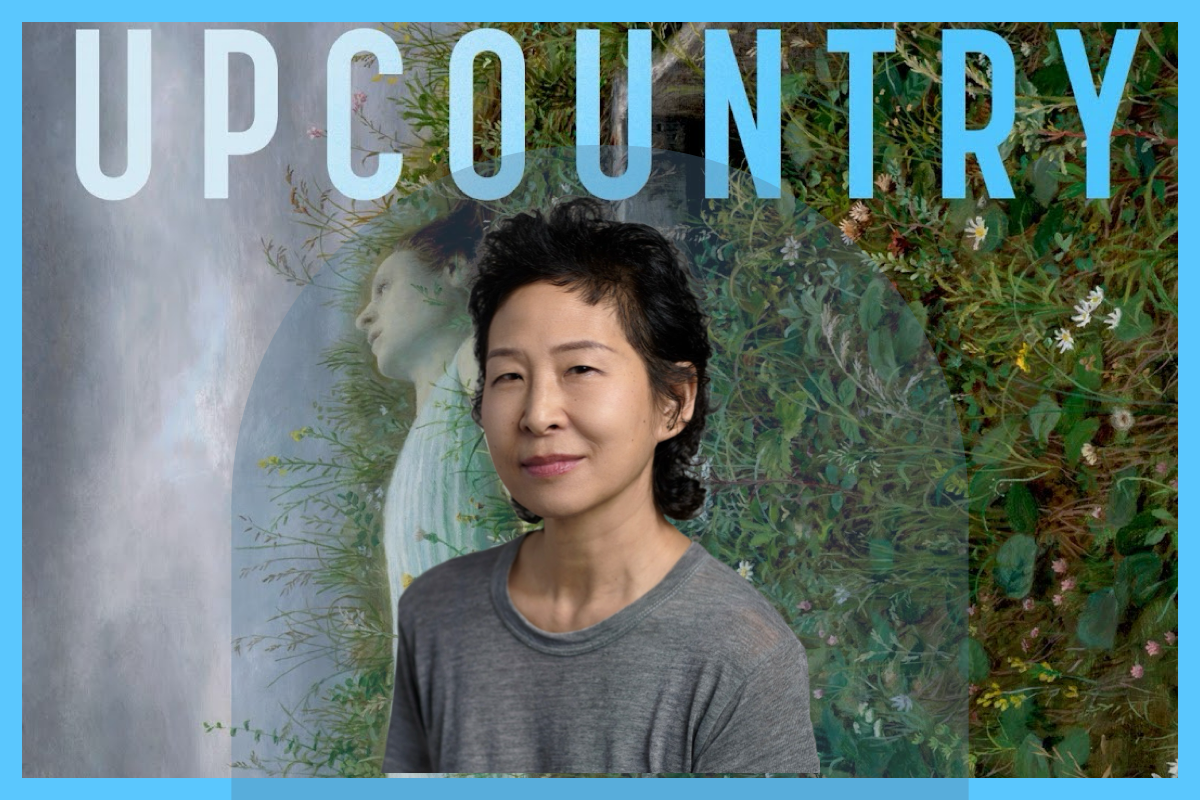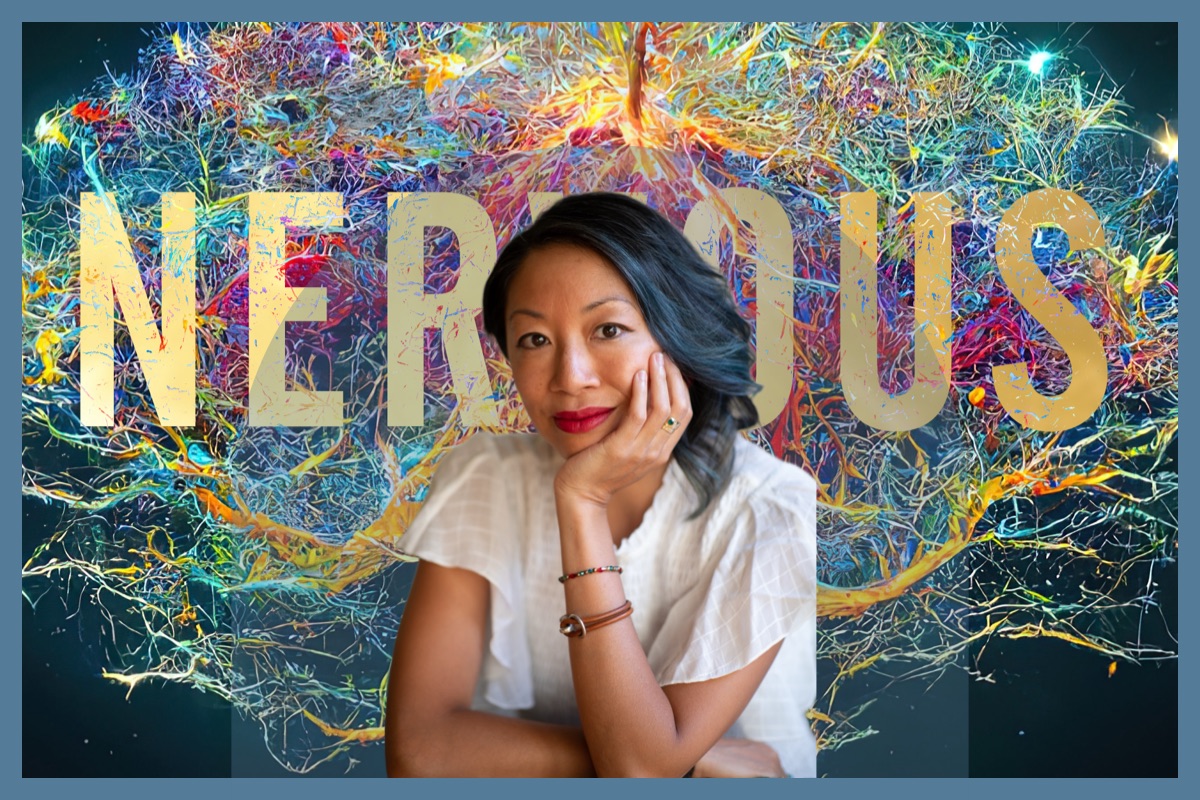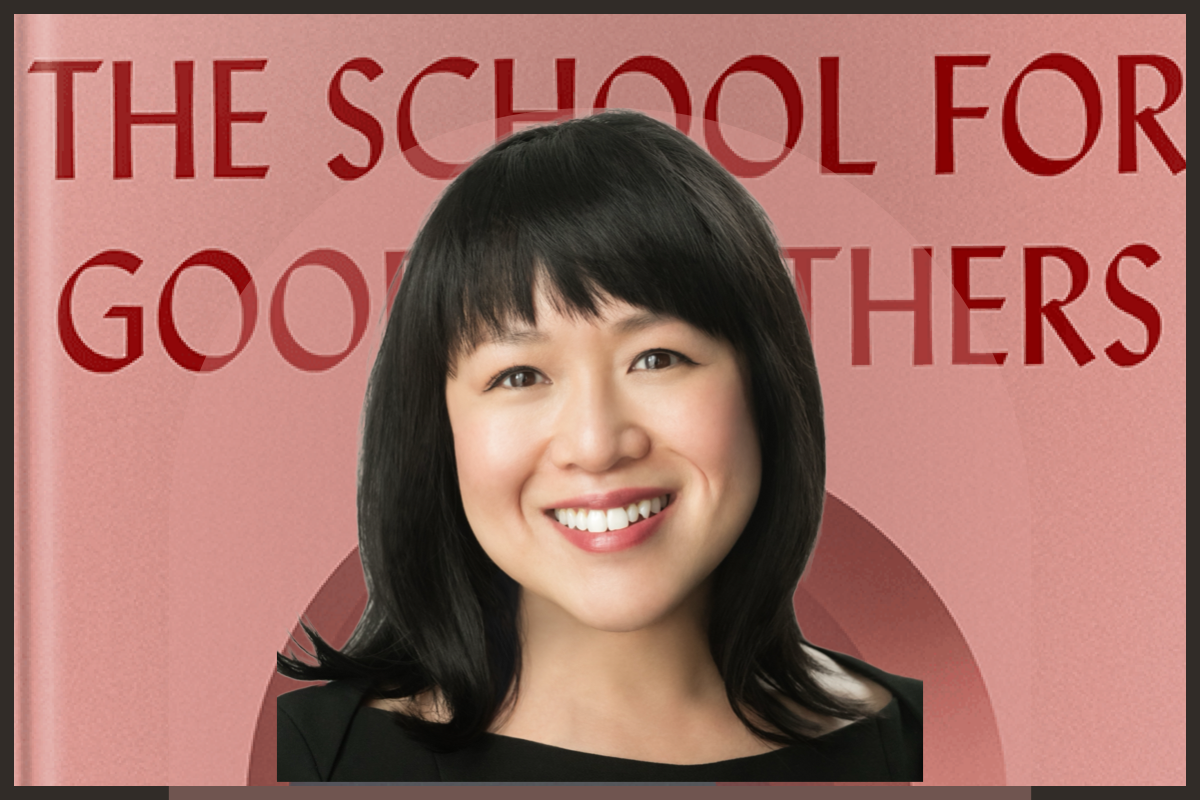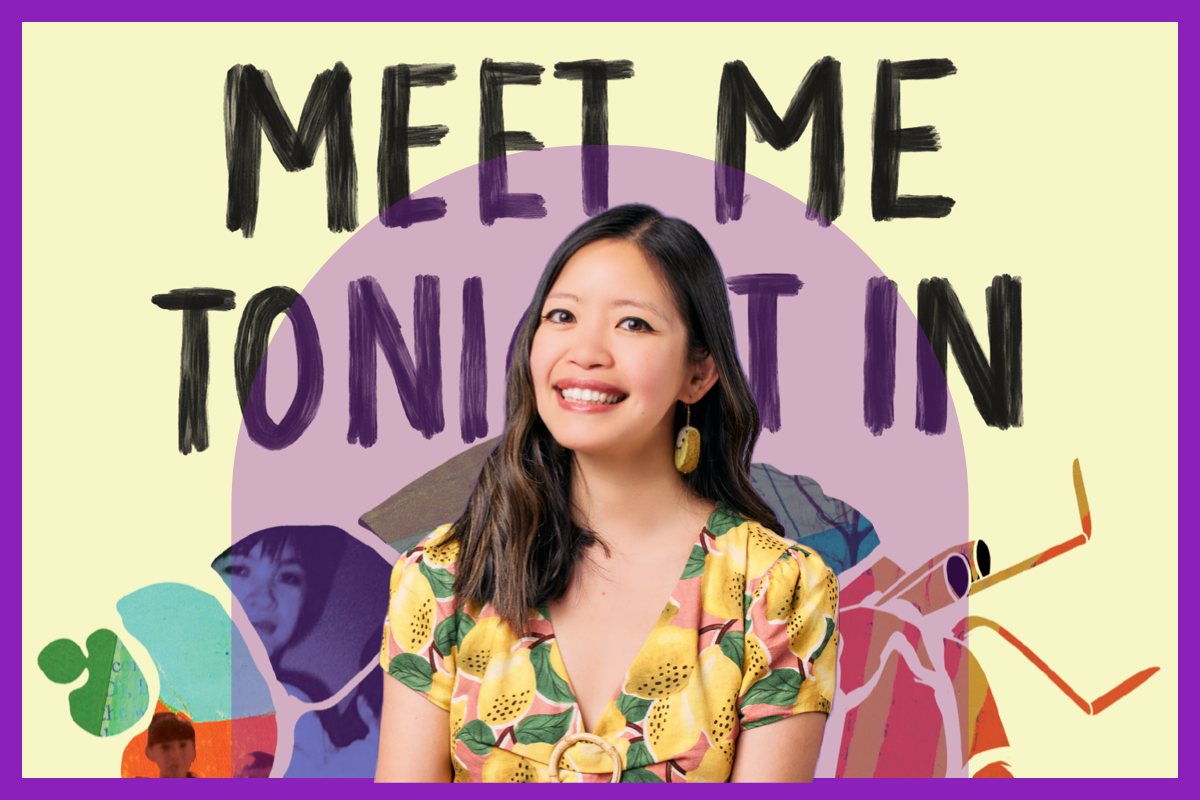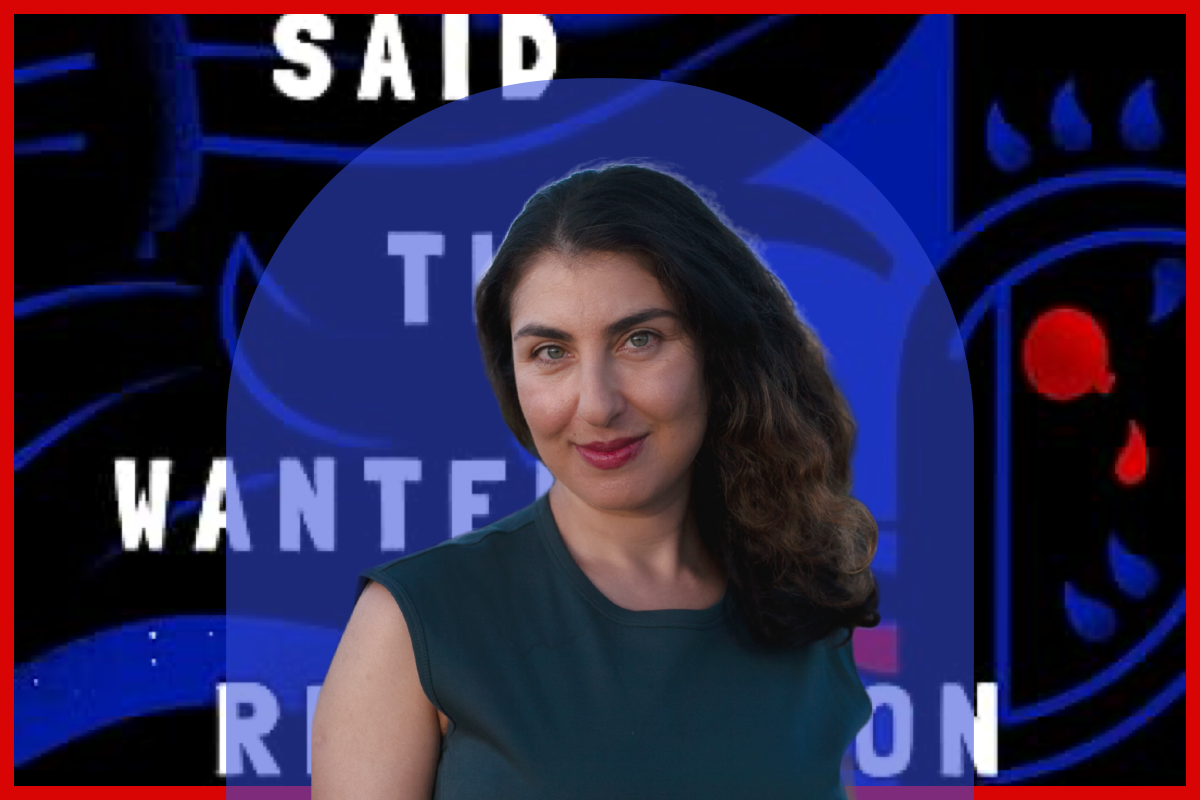Ten Questions for Chin-Sun Lee
What inspired you to tell this story? About eight years ago, I spent two consecutive summers in a hamlet in the Catskills, where I was able to observe small town life. As someone who’d lived mostly in large urban cities, I found the ecosystem of a rural community pretty fascinating. On one hand, it was predominantly white, so it was a new experience for me to feel how I stood out. On the other hand, I was surprised by how tolerant most people were toward each other, despite varying backgrounds of class, race, occupation, and sexual orientation. I think this had a lot to do with the fact that within a small confine, you had to accommodate, or the society around you would become dysfunctional. This was also just before the Trump era, and the divisiveness it ushered in, so I’m not sure if that tolerance remained or changed in that community since. In any case, I’ve always had a sociological bent, so this dynamic of compression was intriguing to me, and in my novel, …

